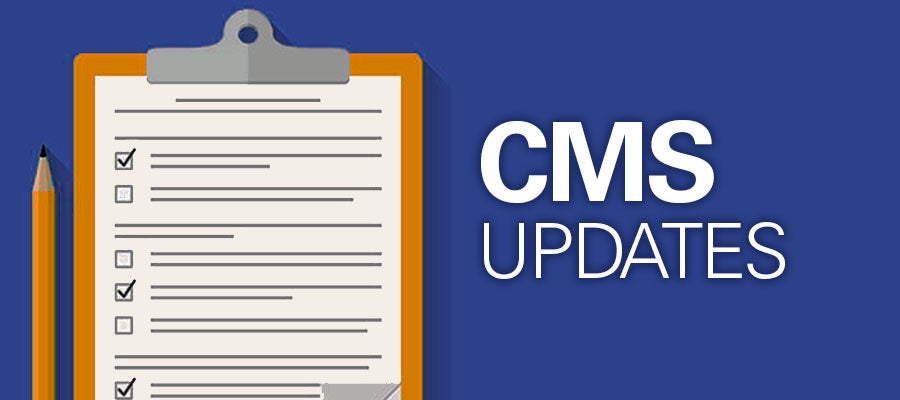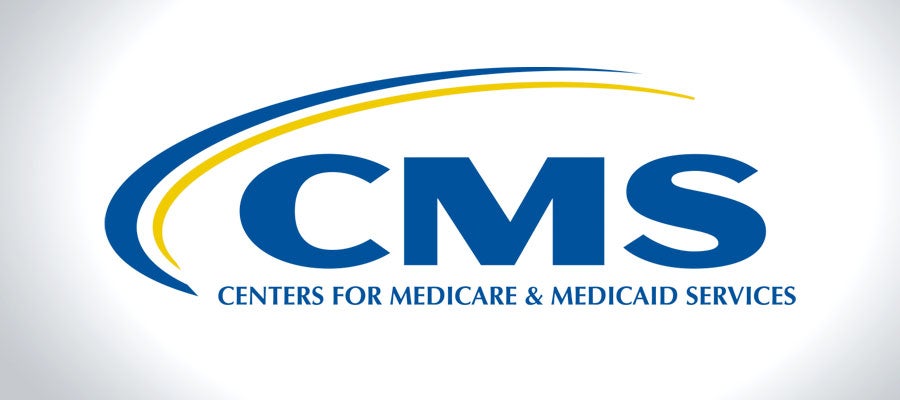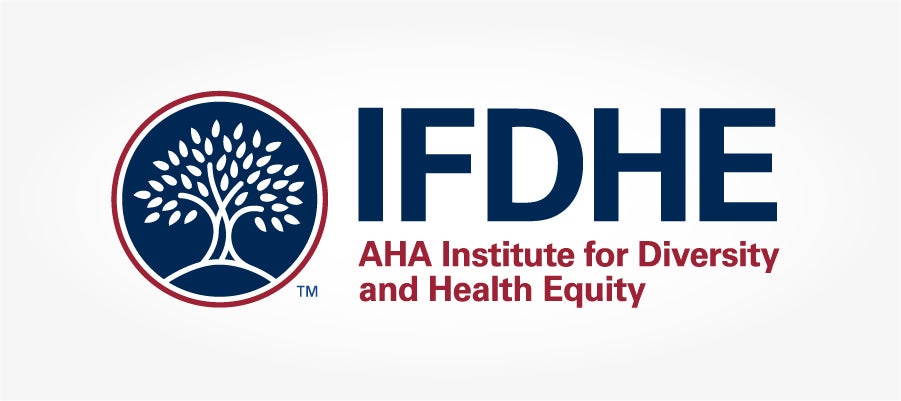
News







Latest
The Senate yesterday passed and sent to the president for his signature AHA-supported legislation that would provide funding for states to develop maternal mortality review committees to better understand maternal complications and identify solutions.
Congress yesterday passed a farm bill conference report that authorizes assistance for rural hospitals to refinance a debt obligation as an eligible loan or loan guarantee if the assistance would help preserve access to health services in a rural community and meaningfully improve the financial position of the hospital.
The Health Resources and Services Administration has released updated national and state-level projections for the behavioral health workforce through 2030, as required by the 21st Century Cures Act.
A settlement agreement with Pagosa Springs (Colo.) Medical Center that the Department of Health and Human Services’ Office for Civil Rights announced this week highlights important, but perhaps sometimes overlooked, privacy and security risk issues associated with access to electronic protected health information.
The AHA will present its 2018 Rural Hospital Leadership Award to Ronnie Sloan, president of The Outer Banks Hospital in Nags Head, N.C., at its Rural Health Care Leadership Conference in February.
The Department of Health and Human Services’ Office for Civil Rights will accept comments through Feb. 11 on potential changes to the Health Insurance Portability and Accountability Act rules to promote coordinated, value-based care.
The House of Representatives yesterday voted 400-11 to pass a health care bill (H.R. 7127) that includes the ACE Kids Act.
Republican members of the House Ways and Means Committee yesterday introduced legislation to repeal the 96-hour physician certification requirement as a condition of payment for critical access hospitals.
More than 4.1 million people selected a 2019 health plan through HealthCare.gov between Nov. 1 and Dec. 8, including more than 934,000 last week, the Centers for Medicare & Medicaid Services reported today.
The number of drug overdose deaths involving heroin or methamphetamine more than tripled between 2011 and 2016 to 4,571 and 6,762 per year, respectively, while deaths involving cocaine nearly doubled between 2014 and 2016 to 11,316 per year.
The House of Representatives today passed AHA-supported legislation (H.R. 1318) that would provide funding for states to develop maternal mortality review committees to better understand maternal complications and identify solutions.
Early results from studies to better understand how duodenoscopes are reprocessed in real-world settings have found higher than expected contamination rates after reprocessing.
The Internal Revenue Service yesterday issued interim guidance regarding the treatment of qualified transportation fringe benefit expenses paid or incurred after Dec. 31, 2017.
The Food and Drug Administration yesterday released revised draft guidance for facilities that compound human drugs as outsourcing facilities.
The Food and Drug Administration yesterday approved a mobile medical application to help increase retention in outpatient treatment programs for opioid use disorder.
Employees contributed an average of $1,415 toward premiums for single coverage and $5,218 for family coverage in 2017, according to a report released last week by the Commonwealth Fund.
by Nancy Agee
Transforming a park overrun with drug dealers and gangs into a safe, open space for recreation and activities for all ages, including youth and older adults.
Republicans on the House Energy and Commerce Committee Friday released a report summarizing initial efforts by its Oversight and Investigations Subcommittee to address the nation’s cybersecurity challenges.
Inpatient rehabilitation facilities and long-term care hospitals have until Jan. 2 to review confidential provider reports based on quality data from second-quarter 2017 to first-quarter 2018 before updated performance is publicly reported on the IRF Compare and LTCH Compare websites in March 2019.
Nine health insurance, employer and consumer organizations today proposed guiding principles for federal legislative action to protect patients from surprise medical bills.

